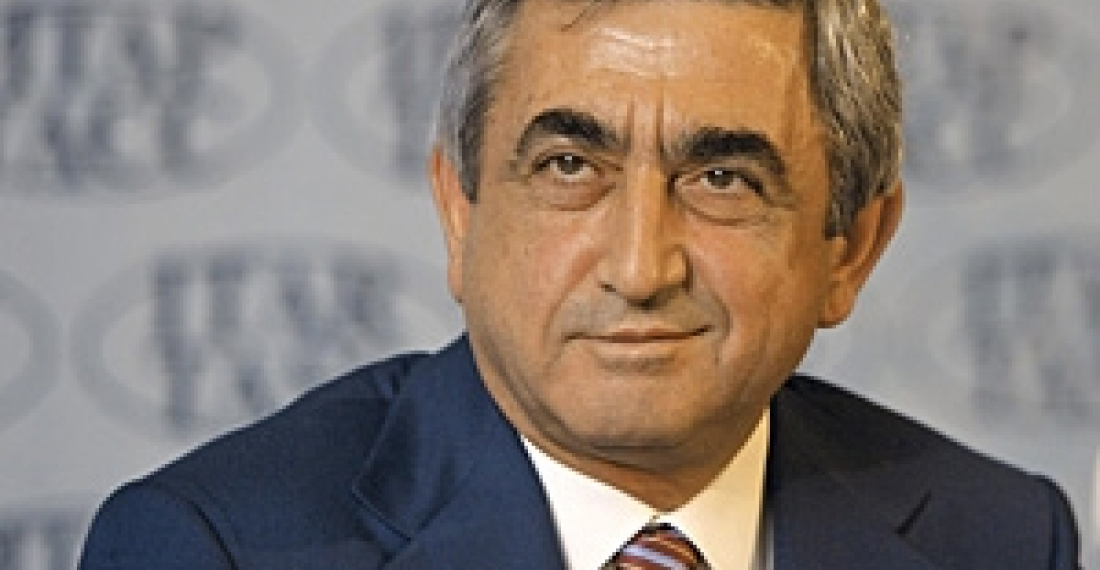The only real way to resolve the Nagorno-Karabakh conflict is to hold negotiations within the framework of OSCE Minsk Group, Armenian President Serzh Sargsyan said when addressing the participants in the CIS Inter-religious Council's Presidium session.
He also added that Armenia is resolute to consistently pursue this way as an alternative will be good "neither for the neighboring country, nor for us". Among the basic approaches of the Armenian side, Serzh Sargsyan stressed that the conflict is not of a religious nature, and all attempts to give it such coloring are non-constructive.
"We can not permit attempts to oppose religions Christianity and Islam. It is especially unacceptable to destroy historical and cultural values on the grounds of conflict," he said and added that the Armenian party is ready, if necessary, to restore the historical values bringing as a striking example Blue Mosque in Yerevan which dates back to the 18th century.







